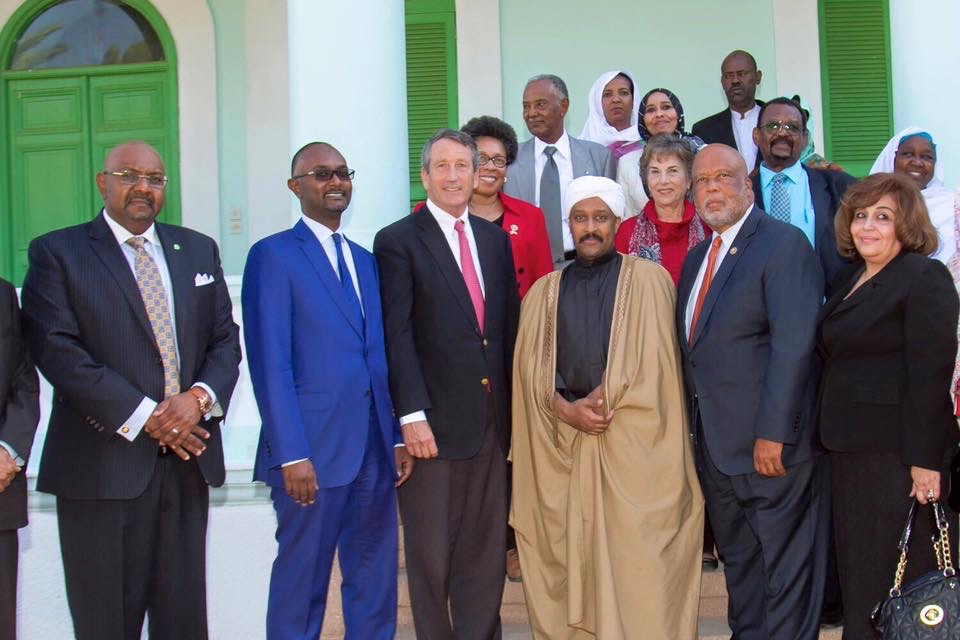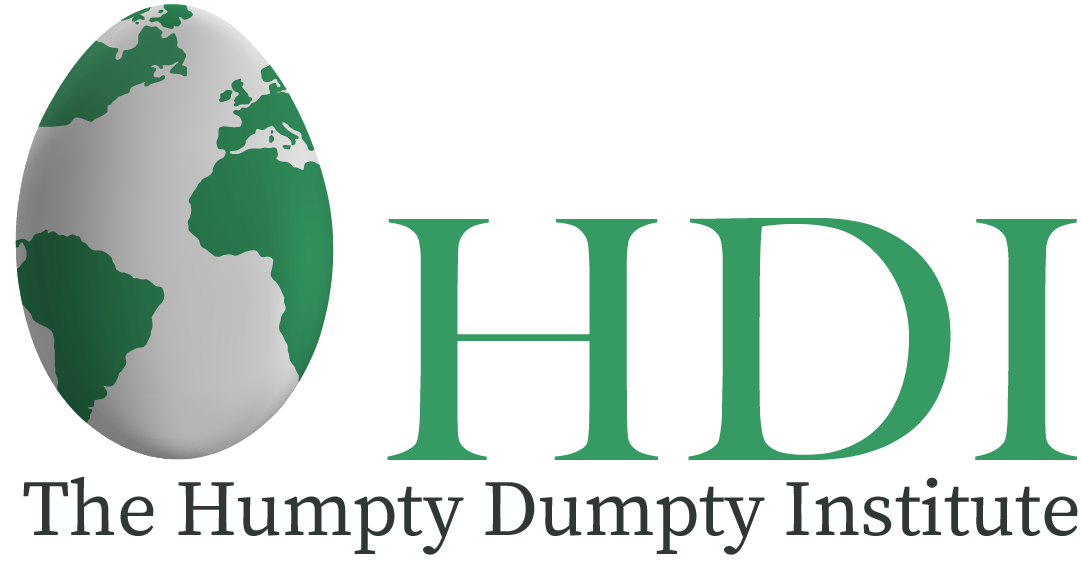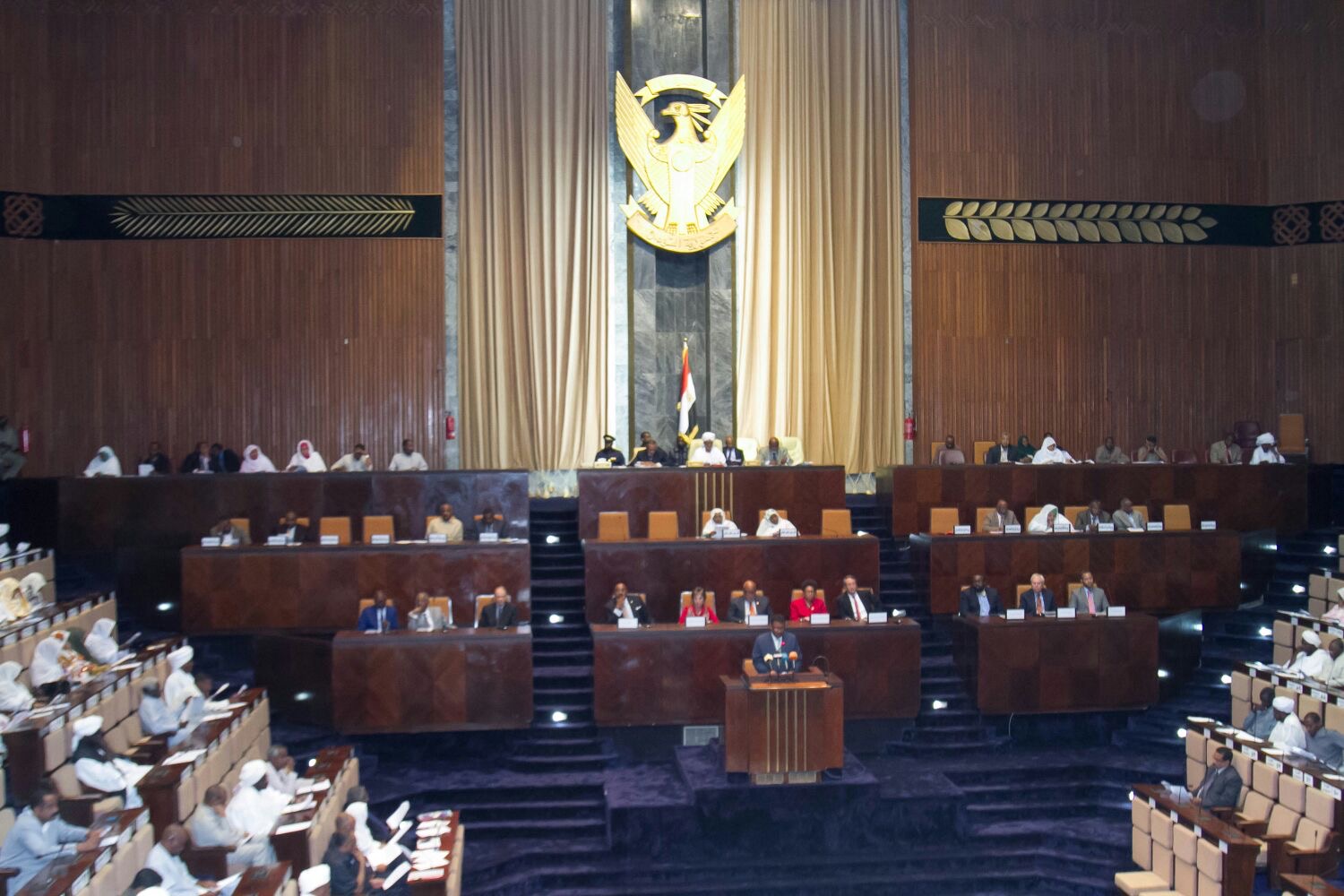
Rep. Bennie Thompson (D-MS), Rep. Marcia Fudge (D-OH), Rep. Jan Schakowsky (D-IL), Rep. Mark Sanford (R-SC),
Mr. Robert Creamer (Spouse of Rep. Schakowsky, HDI Chair Dr. Al Khalafalla
December 10 – On Thursday, November 5, the Humpty Dumpty Institute (HDI) departed Washington, D.C. with a U.S. Congressional Delegation to Khartoum, Sudan. HDI partnered with the American Global Institute (AGI) to undertake this first visit to the Republic of Sudan in many years. AGI is a 501C3 NGO based in Washington D.C. and is focused on trade and economic engagement to promote political reform and extend further human rights in the Arab world. HDI’s trip to Sudan was the latest in our ongoing series of international Congressional delegations with the main aim to enhance and foster greater understanding on the part of the U.S. Congress about various countries around the world through direct dialogue and an exchange of ideas with government officials and other thought leaders.
This bipartisan delegation was composed of Hon. Bennie G. Thompson (D-MS), Hon. Janice Schakowsky (D-IL), Hon. Marcia L. Fudge (D-OH) and Hon. Mark Sanford (R-SC); and two Staff members: Mr. Abdul Henderson (Executive Director of the Congressional Black Caucus) and Mr. Trey Baker (Legislative Assistant and Counsel to Rep. Thompson).
The participants arrived in Khartoum early Saturday morning, November 7, 2015. The official program started just shortly thereafter at 10:30AM with a visit to the Khartoum Breast Care Centre (KBCC). There the delegation met with the management of the organization and received a guided tour of the facilities.The clinic opened its doors five years ago with the main goal to offer affordable breast cancer treatment and rehabilitation options for women affected in Sudan and the region. The Members were impressed by the facilities as well as services offered and vowed to assist with center’s access to proper equipment maintenance as the health care sector is supposed to be exempt from U.S. sanctions. Later that evening the participants were welcomed at a working dinner which featured prominent business and civil society leaders. Given the opportunity, the participants were able to taste the local cuisine as part of cultural exposure and engage in informal conversations with dinner guests to better understand current issues in Sudan.
On Sunday, November 8, the delegation received a briefing at the U.S. Embassy. The participants heard about U.S. foreign policy priorities in Sudan and the region as well as the political and social development of the country. Amb. Jerry P. Lanier, Charge d ‘Affairs of the U.S. Embassy, gave a background on the political situation and discussed the impact of secession of South Sudan in 2011. The Embassy’s county team gave a brief on economic developments and highlighted the success of the agricultural industry as a counterbalance to the transfer of 75% of petroleum supplies to South Sudan following their independence. Also discussed were the ongoing obstacles in the banking sector as result of the sanctions regime. The crippled banking sector became a recurring topic throughout this program as it affects all business sectors adversely and remains a major obstacle to further development of the country.
The delegation next met with representatives of Sudan’s Women’s Civil Society. This meeting started with the discussion on women’s role in fighting sex trafficking and forced labor which remained major issues in Sudan and within the region. Other topics discussed included equal opportunities in education and access to affordable healthcare as well as women’s participation in the political process. The women leaders at the meeting highlighted progress in these areas and vowed to continue the women’s movement’s efforts on tackling the major obstacles for further equality such as poverty, brain drain and discrimination issues associated with a male dominated societal structure.
There was a meeting at the Ministry of Finance where the participants were on banking sector issues. The participants asked about steps that need to be taken in order to change the banking situation and one of the solutions discussed was a need to review Sudan’s status as State Sponsors of Terrorism, which has been in effect since 1993. The participants urged the Government of Sudan officials to take the necessary steps and work with the U.S. Embassy on getting the status reviewed and hoped that such efforts may give the necessary tools to make proposals on the legislative side in the United States. Also discussed was the importance of U.S. investment to encourage dialogue and engagement. Both sides left the meeting hopeful that when the issues related to the sanctions regime are addressed properly by all sides, normalized cooperation and bilateral economic relations could resume in the future.
Monday, November 9, marked the third and last day of this busy program. The participants met with several Sudanese Business Leaders where again the crippled banking sector was the main theme of discussion. The visiting Members of Congress urged the private sector to work closer with the Government of Sudan on making the necessary adjustments for the issues to be resolved. Some of the main topics discussed at this meeting included infrastructure and trade assistance, progress in the agriculture sector and Sudan’s role as a leader in the region in this sector, transportation, and communications sectors. The participants learned that even though some of these crucial sectors are formally exempt from U.S. sanctions, there is still a need to obtain proper OFAC licenses–a lengthy and difficult process which acts as a an unintended deterrent to such licensure and normal business operations.
The final events of this three-day program took place at Ambassador’s residence where Mr. and Mrs. Lanier hosted the participants as well as distinguished Sudanese guests for a light pre-departure dinner. The Members got to share their memorable experience with the guests and Embassy staff before heading back to the hotel to prepare for departure back to the United States.




















